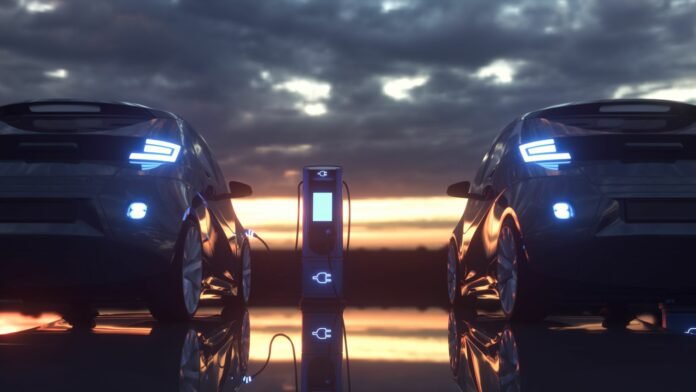The EV Policy 2.0 of the Delhi government, which is anticipated to be released in a few months, might support retrofitting to encourage cleaner fuel. Retrofitting an existing gasoline or diesel car with an electric vehicle is referred to as EV conversion. A new alternative energy source is installed after the original engine and other relevant parts are changed. Instead of having their vehicles scrapped, it enables individuals to keep utilizing them.
“Electric vehicle retrofitting as a concept is expensive, but the future could be promising if prices are brought down as it promotes clean air,” said transport minister Kailash Gahlot. We are looking for ways to support the idea in the next electric vehicle policy.
Delhi’s EV landscape is about to change
The designated testing agency must approve the refit kit in accordance with the regulations. Even for a car in the entry-level price bracket, each package costs about Rs 4-5 lakh. An official added that while the upgrade is expensive, high-end autos may find it more useful. According to another official, the new policy might provide incentives or other advantages for the procedure. We are considering funding field-related research and development as well. Gahlot had lately examined a Gypsy that had been modified for the Indian Army and had met experts in the field. He also ran into IIT Delhi students who were developing creative concepts.

It has a future, but it would take some time, according to Climate Trends research associate on e-mobility Archit Fursule. Demand growth will result in lower production costs. Since the entire kit is no longer produced in India, we must increase our research and development spending. Fursule noted that not all vehicles could use the package, adding, “For a Swift car, it costs Rs 4.5 to 5 lakh, while you will have to import the whole kit for some vehicles.” “If we start cracking down on polluted fuels, it can pick up pace,” he continued.
The Delhi government issued a decree in June of last year permitting owners of gasoline and diesel automobiles to modify their vehicles to become electric vehicles. In order to bring clients and participating agencies together on one platform, it has also launched a portal.
The reaction, however, has not been very positive. An official said, “If we include retrofitting in the policy’s scope and also engage in research, it has promise, especially in Delhi, where we closely adhere to the rule of not allowing diesel vehicles older than 10 and petrol vehicles older than 15 years as per the NGT regulation.


